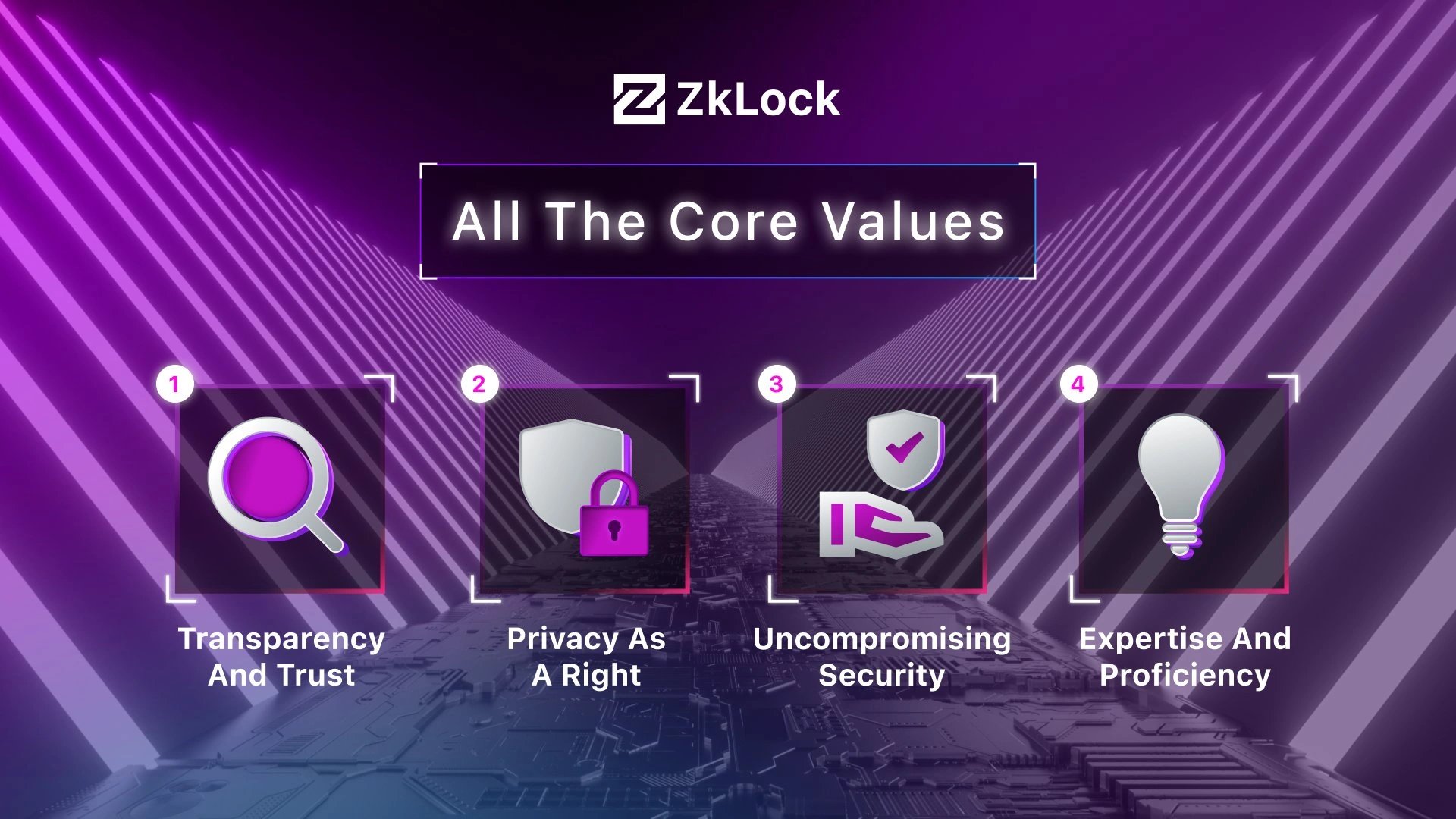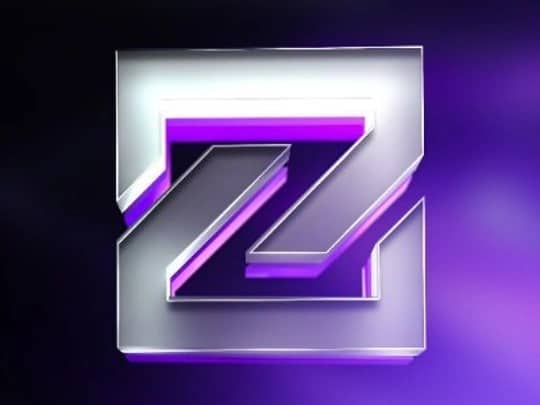Subscribe to wiki
Share wiki
Bookmark
ZkLock
We've just announced IQ AI.
ZkLock
ZkLock specializes in Privacy-Preserving Machine Learning (PPML), decentralized anonymous routing, signature hardware security, user data sovereignty, and scalable privacy infrastructure. [1][2]
Overview
ZkLock creates a secure digital environment where privacy is prioritized. For individuals and organizations, ZkLock offers the tools and expertise to navigate the complexities of digital privacy. [3]
"ZkLock's mission is to fortify the digital landscape with unparalleled security and privacy through innovative cryptographic solutions. We aim to empower individuals and organizations by safeguarding their sensitive information and digital assets against evolving cyber threats.
By harnessing the power of advanced encryption, ZkLock is committed to setting a new standard for data protection, ensuring that our users can navigate the digital realm with confidence and peace of mind" - mission statement[3]

Privacy-Preserving Machine Learning (PPML)
PPML is an approach that enables the development and deployment of machine learning models in a way that protects the privacy of the underlying data. This is crucial in a world where the use of data is ubiquitous, yet the need to protect sensitive information is paramount. [4]
Technology
- Federated Learning: Federated learning is leveraged to train machine learning models across multiple decentralized devices or servers holding local data samples, without exchanging them. This method ensures that the data remains on the user's device and only model updates are shared, significantly enhancing data privacy.
- Secure Multiparty Computation (SMC): SMC allows multiple parties to jointly compute a function over their inputs while keeping those inputs private. In the context of PPML, this enables different data holders to contribute to the accuracy of a machine learning model without revealing their proprietary or sensitive data.
- Differential Privacy: ZkLock implements differential privacy techniques to add statistical noise to datasets or query results. This ensures that the output of a database query or machine learning model does not compromise the privacy of individuals in the dataset, providing a strong guarantee of privacy.
- Homomorphic Encryption: This form of encryption allows computations to be carried out on ciphertexts, generating an encrypted result which, when decrypted, matches the result of operations performed on the plaintext. This is used in PPML to perform machine learning computations directly on encrypted data, protecting the data's confidentiality. [4]
Decentralized Anonymous Routing
This technology is designed to protect user identities and their online activities from surveillance, tracking, and interception, ensuring a private and secure internet navigation experience. [5]
Technology
- Multiple Layers of Encryption: This tech wraps data packets in multiple layers of encryption, which ensures that each node in the network can only access the data needed to know where to send the packet next, without seeing the original message or its final destination.
- No Central Authority: Unlike traditional systems that rely on a central server, the decentralized approach distributes data across numerous nodes, making it impossible for any single entity to track or collect user data. This setup enhances privacy and reduces vulnerabilities.
- Dynamic Routing Paths: Each data packet travels through a random, dynamically selected path of nodes before reaching its destination. This randomness makes it extremely difficult for anyone to trace the path back to the source, further protecting user anonymity.
- Peer-to-Peer Network Structure: This system leverages a peer-to-peer network, where each participant contributes to the routing process. This enhances privacy, and security and also improves the resilience and efficiency of data transmission.
- Community-Driven: ZkLock's decentralized anonymous routing is built on a community of users and developers committed to privacy. This collective effort ensures continuous improvement and adaptation to new threats, keeping our technology at the cutting edge of privacy protection. [5]
Hardware Security
Zklock's hardware security solutions are designed to securely generate, store, and manage cryptographic keys. Unlike software-based key storage, which is vulnerable to hacking, the hardware-based approach ensures that keys are kept in a tamper-resistant physical device, providing a higher level of security. [6]
User-Data Sovereignty
ZkLock's approach to data sovereignty is multifaceted, designed to ensure individuals have complete control and autonomy over their data. They do this by empowering user control, encouraging transparent data practices, secure data storage and transfer, etc. [7]
Scalable Privacy Infrastructure
ZkLock is committed to developing a scalable privacy infrastructure that meets today's demands and is also flexible enough to adapt to the future's evolving privacy needs. The infrastructure is designed to protect user data across multiple vectors, ensuring that privacy is maintained at every level of digital interaction. [8]
$ZKLK
Launched in March 2024[9], $ZKLK is the native ERC-20 token of the Zklock ecosystem. It has a fixed supply of 100,000,000 (100 million) tokens of which 82% of the supply is allocated to Liquidity, 8% to the Development team, 10% between Marketing and Liquidity, and 5% of the team supply is vested. [10][11][12]
See something wrong?
